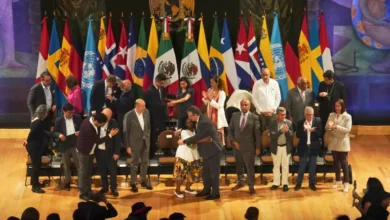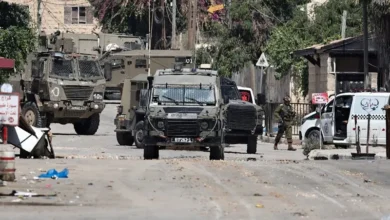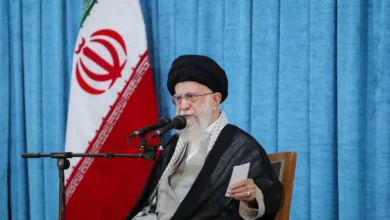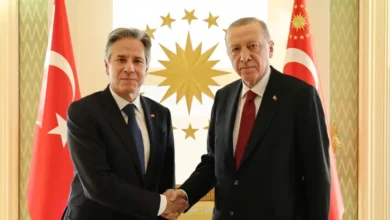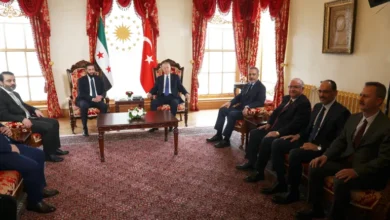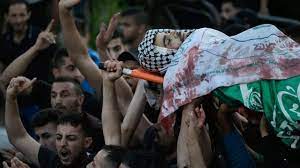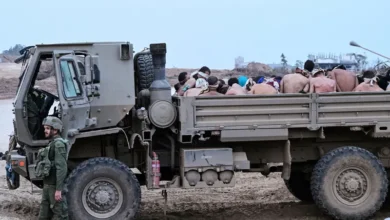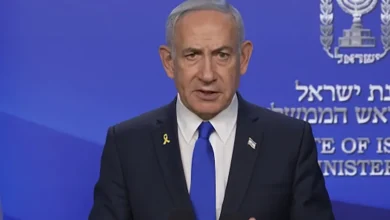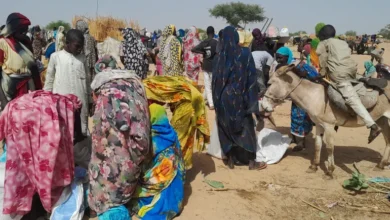Israeli bombing in Gaza ‘worse than ever’: UK doctor after latest mission
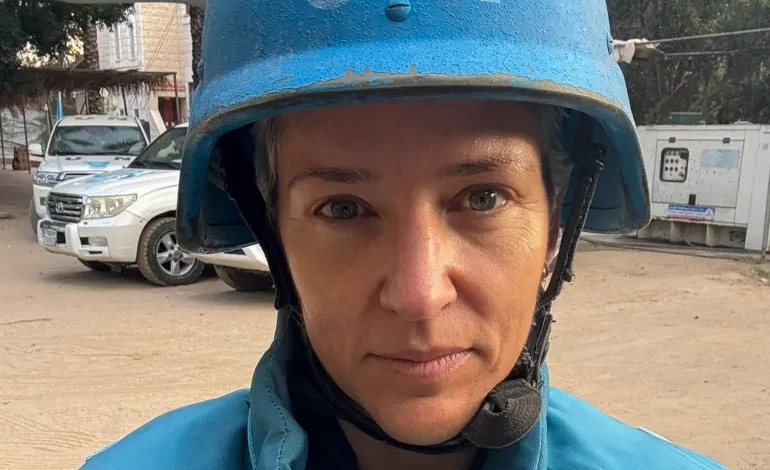
On a typical day at Nasser Hospital in southern Gaza, Victoria Rose, a British surgeon, would wake up before dawn.
“Because the bombing would start at four,” she said, now back in London, having just wrapped up her third humanitarian mission to Gaza since Israel’s war began in October 2023.Over almost four weeks in May, she usually operated on 12 or 13 patients per 14-hour shift, unless there was a mass casualty incident overnight, meaning even longer shifts and more patients.
By comparison, in London hospitals, she treats a maximum of three patients per day.
“It’s operating nonstop in Gaza,” she said.
Recalling some of her many patients, she treated 11-year-old Adam al-Najjar, the sole surviving child of Dr Alaa al-Najjar, whose nine other children and husband, Hamdi, also a doctor, were killed in an attack in Khan Younis last month.She vividly remembers two brothers with lower limb injuries, Yakoob and Mohammed, who were the sole survivors of their family, and an eight-year-old girl named Aziza who was orphaned.“She had a burn on her face and her shoulder, and somebody found her walking the streets and brought her in,” said Rose, who specialises in plastic and reconstructive surgery.
Rose and a team of medics also worked tirelessly to save the leg of a seven-year-old girl who, after an explosion, “was missing her knee … it was like looking at the back of her leg without the bone in”.
Having cleaned the area, removed dead skin and muscle, and dressed the wound, the girl returned three more times for further treatment, but ultimately, her limb was amputated.Al Jazeera spoke with Dr Rose about the growing intensity of Israeli bombardment, the impact of malnutrition which has been exacerbated by a three-month aid blockade, deaths and gunshot wounds she saw among those who desperately tried to get rations via a new mechanism backed by the United States and Israel, and her sense of frustration that as the death toll rises and the scale of injuries is well documented, disbelief in Palestinian suffering prevails.
Al Jazeera: How did you feel entering Gaza this time around?
Victoria Rose: Definitely once we got in, the bombing was far worse than it’s ever been, and it was far, far louder, closer, more constant than it’s ever been. The drones – it was as if they were on me. They were constantly there and really loud to the point that it was difficult to have a conversation if you were outside.
Al Jazeera: What do the types of injuries you saw reveal about the current intensity of the bombing?
Rose: This time, the injuries seemed to be from the heart of an explosion. People had been blown up, and bits of them had been blown off.
Last summer, it was far more shrapnel wounds – a bomb had gone off in the vicinity, and something had been whipped up and then it ejected at them in a missile-type fashion and hit them and done some damage to their bodies. Much more survivable, reconstructable-type injuries, whereas these appeared to be far more direct hits on people.
